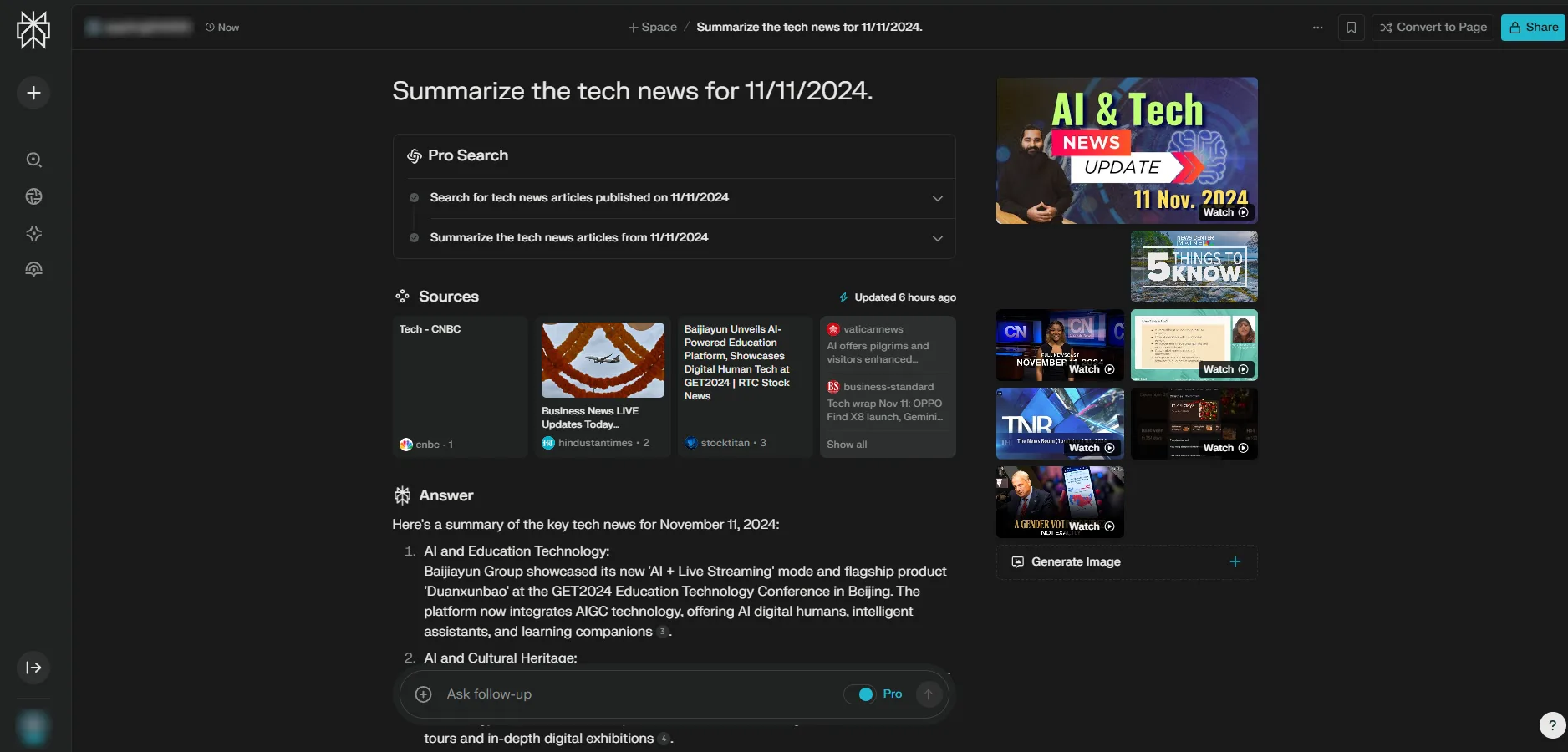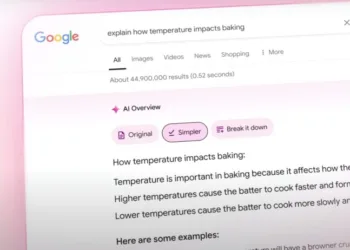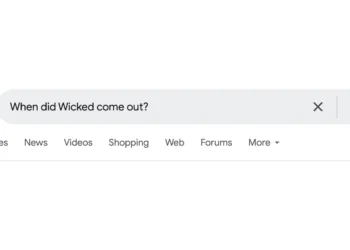Main Points
- ChatGPT’s newly introduced real-time search feature provides timely responses, direct links to references, and allows for smooth follow-up questions.
- The combination of ChatGPT’s cohesive interaction, conversational structure, and real-time information alongside web sourcing is a game-changer.
The latest search enhancement in ChatGPT has caused me to reevaluate my loyalty to Perplexity. While Perplexity has served me well for quite some time, the new features in ChatGPT are drawing me back to the original generative AI chatbot.
Perplexity was my primary tool for searching, providing trustworthy, source-verified answers. Its versatility made it perfect for productivity and research tasks alike. It allowed me to conduct extensive research projects with ease, and its user-friendly presentation of sources and data made finding information straightforward. I also appreciated its capability to handle follow-up inquiries, enabling me to explore related topics thoroughly. This level of control and transparency greatly enhances productivity, and Perplexity’s clear citations simplified fact-checking.
What’s New in ChatGPT’s Search Feature?
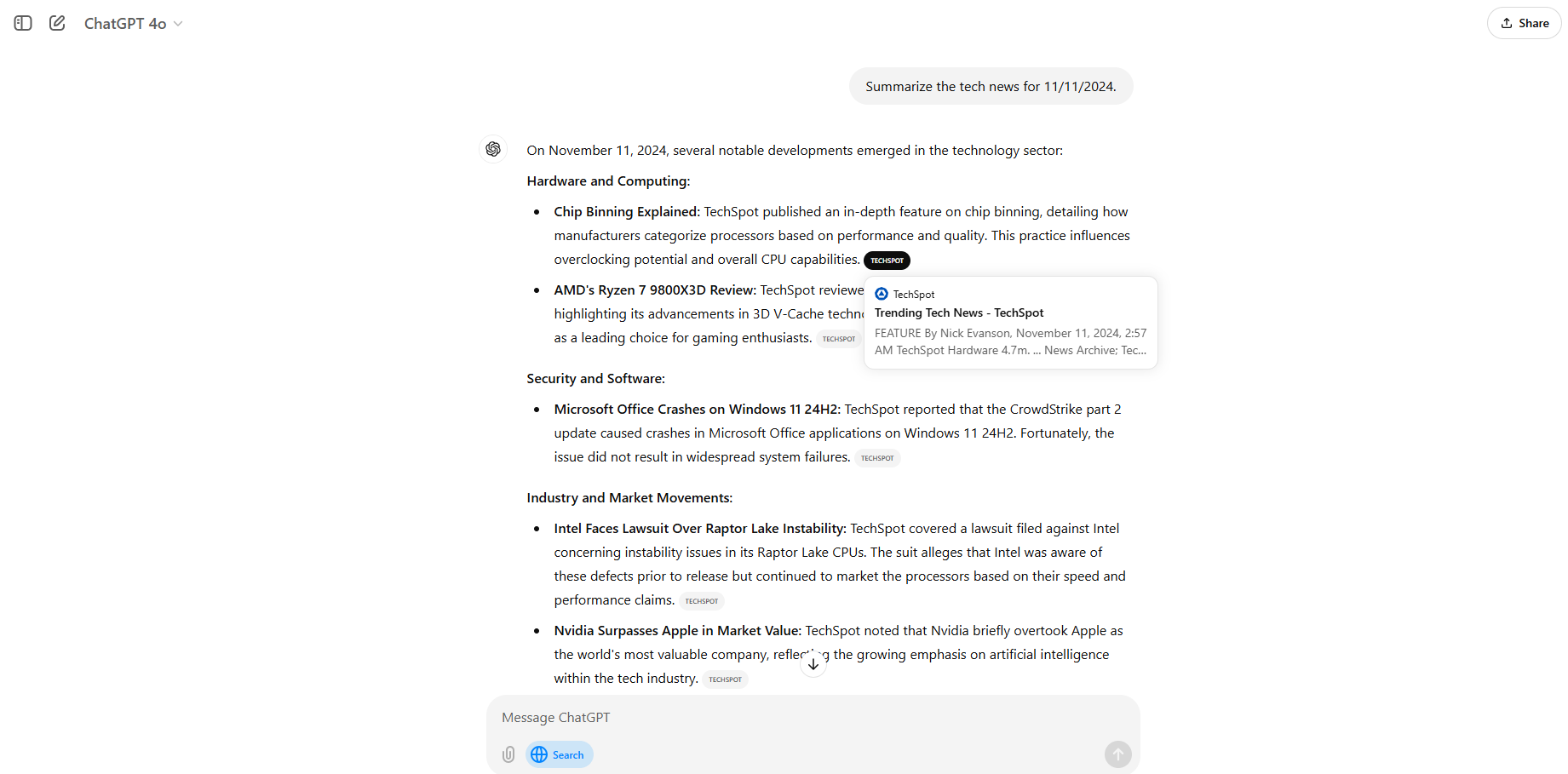
OpenAI has rolled out ChatGPT’s search function, which adds a new layer to its capabilities. It now fetches real-time information from the web, delivering current responses on trending topics, news, and sports scores, complete with source links within the chat. While Perplexity has always excelled in this area, integrating this feature into ChatGPT means I can achieve everything I need with one tool, significantly streamlining my workflow.
I also appreciate how ChatGPT maintains the context of my previous questions, making follow-ups feel effortless. The conversational flow is organic, allowing me to delve deeper without backtracking.
Perplexity vs. ChatGPT: Which Is Better?
Comparing Perplexity and ChatGPT reveals that both have their unique strengths and weaknesses. They both excel at providing succinct information, but I recommend using additional sources for critical research.
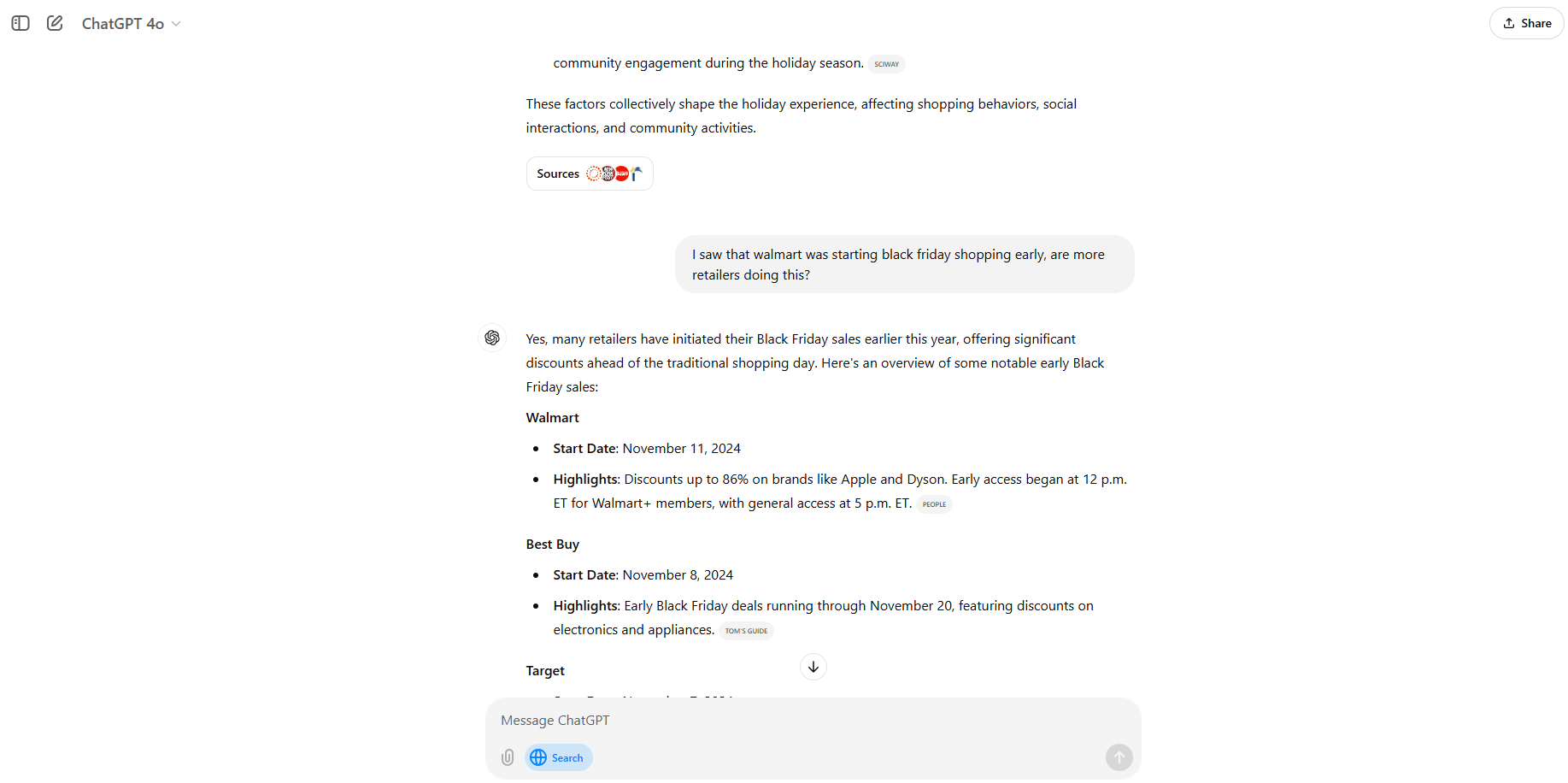
Perplexity shines in clarity and accuracy, particularly when I need verifiable, cited information for research. Its evidence-based responses are easily traceable back to specific sources, which increases my trust in their validity. Additionally, Perplexity breaks complex subjects down into easily digestible parts and suggests related searches, facilitating efficient research.
Conversely, ChatGPT has become greatly beneficial for accessing real-time updates on trending topics. Its upgraded search feature enriches interactions, and its context retention allows me to explore subjects deeper without constant re-explanation. This seamless flow is particularly useful in discussing intricate topics conversationally.
That said, neither platform is flawless. Perplexity needs well-phrased prompts for thorough responses, whereas ChatGPT can be inconsistent when it comes to linking reliable sources. Nevertheless, both tools are evolving with every update, each offering unique advantages tailored to my requirements.
Why ChatGPT is Becoming My Preferred Tool
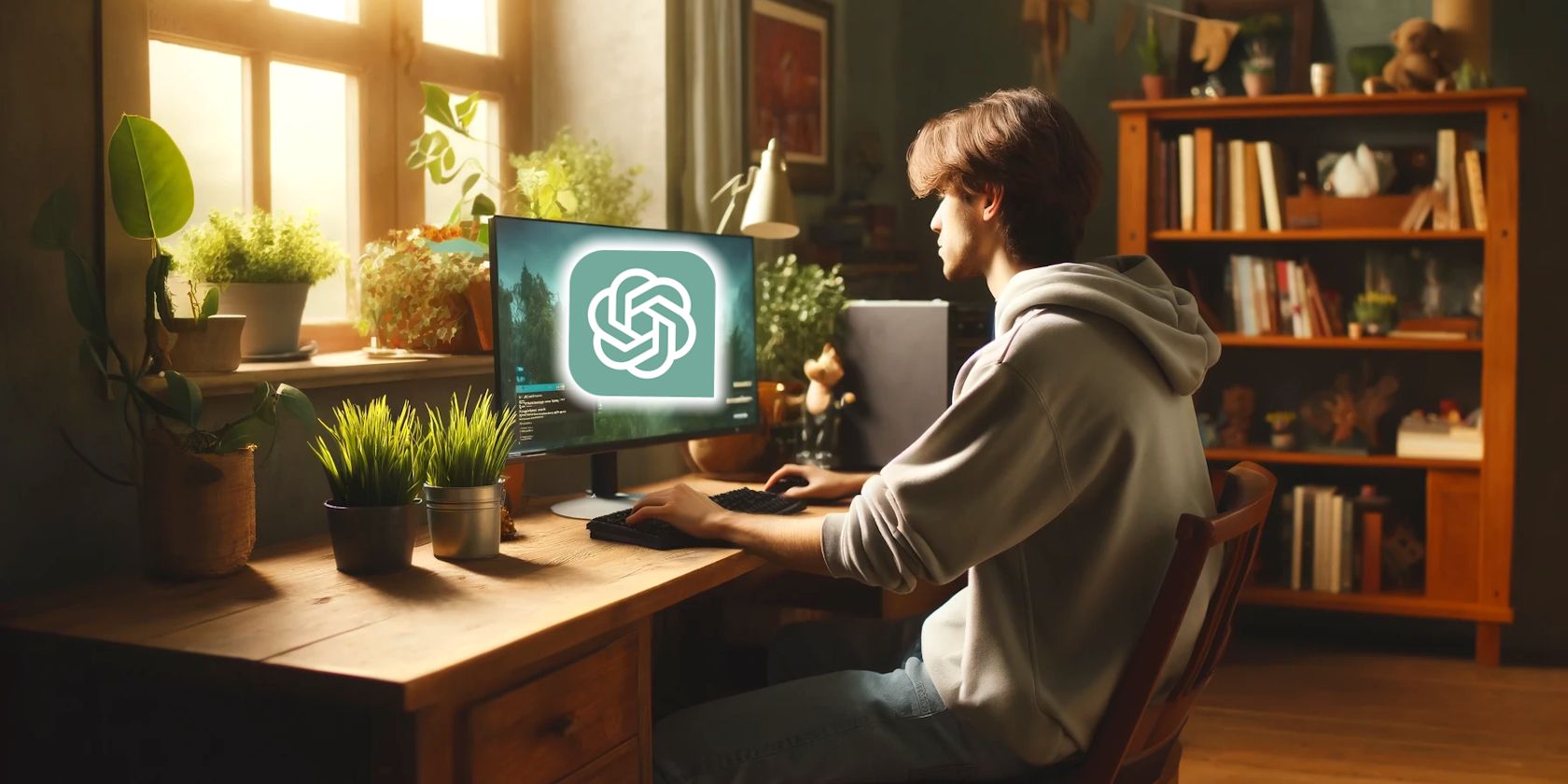
While I’ve always valued Perplexity, I find ChatGPT’s new features increasingly appealing. Transitioning from generative AI queries to current search results without switching between apps is incredibly convenient. Instead of managing multiple tools to verify answers, ChatGPT offers a comprehensive experience that saves time and streamlines my searches.
I particularly enjoy how ChatGPT fosters a seamless conversation. It remembers past queries, allowing for a natural flow of follow-up questions, making it feel like a cohesive dialogue rather than disjointed inquiries.
Of course, some aspects still need improvement, such as consistency and emotional nuance, which are typical challenges for AI chatbots. For instance, ChatGPT sometimes lacks the emotional depth or contextual subtleties that a human-generated summary might capture. Nonetheless, its recent upgrades have significantly enhanced my experience. It combines the features I love about Perplexity with the added advantage of real-time information.
However, chat reliability regarding source credibility remains an area for improvement. Though real-time data is beneficial, the links ChatGPT provides are not always from the most credible sources. Here, I believe Perplexity still has an advantage, offering accuracy paired with well-documented references.
I continue to appreciate Perplexity for its precision and reliability, yet ChatGPT’s search capability has elevated its standing in my toolkit. The real-time updates, smooth transitions, and thorough responses make it challenging to resist.
Both platforms are valuable, and I still turn to Perplexity for accurate, well-cited information. However, the combination of ChatGPT’s generative responses and real-time searches has established it as my preferred choice for a wider array of inquiries. The convenience, conversational richness, and up-to-date information make it an increasingly attractive option.

